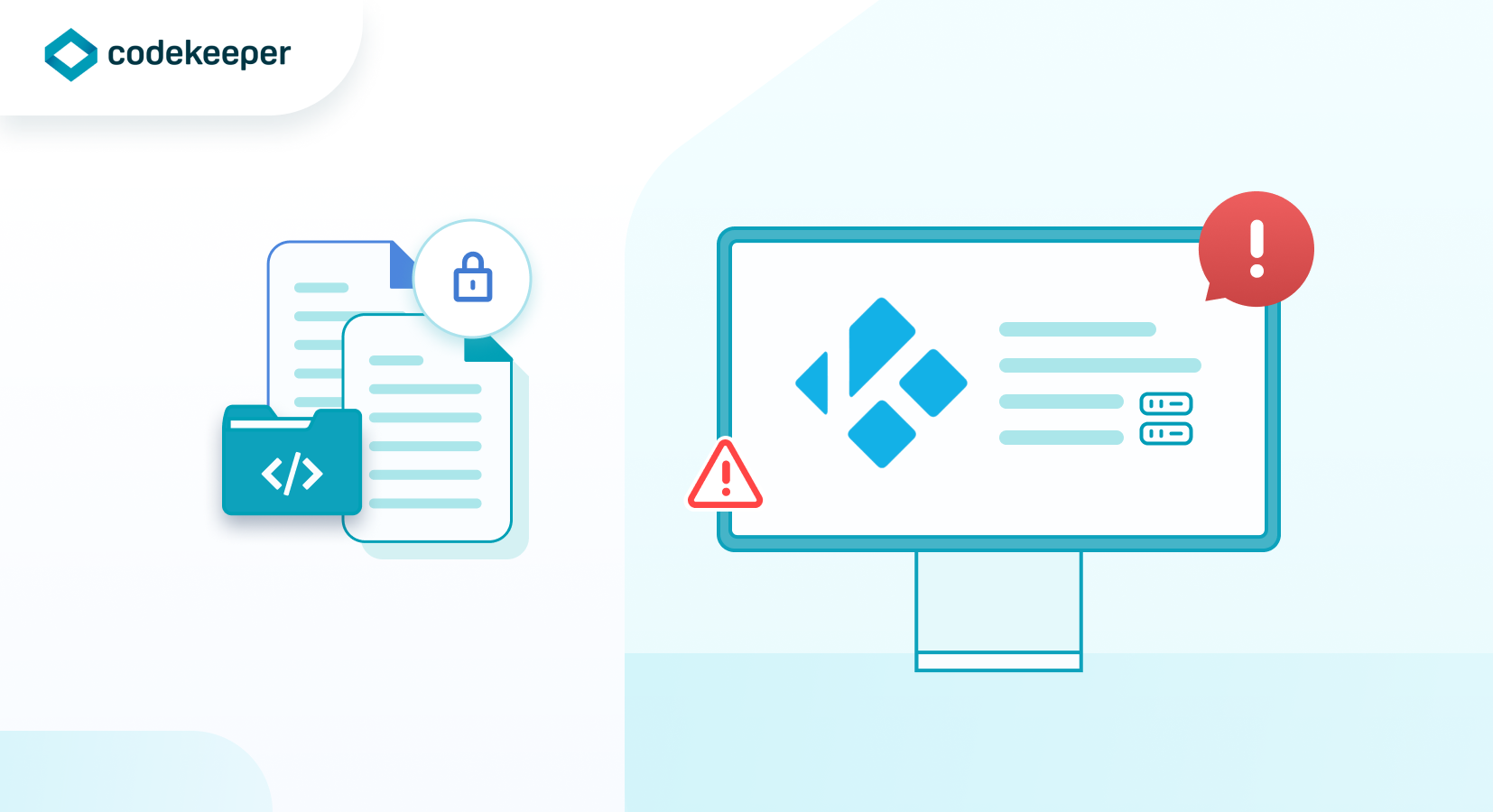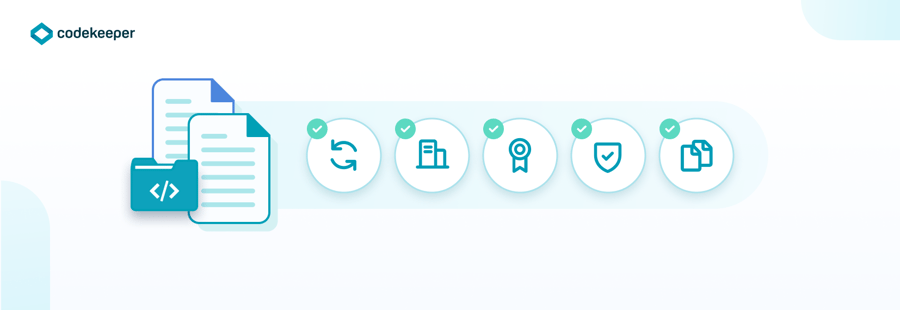How Source Code Escrow Could Have Helped in the Kodi Data Breach
Here are a few ways in which source code escrow can help in mitigating risks surrounding the ever increasing data breaches by threat actors.

By Jo Rust
Recently, the popular open-source media center software Kodi confirmed a significant data breach affecting more than 400,000 users. This incident highlights the importance of cybersecurity and risk management in the modern digital landscape. In this article, we will explore how source code escrow could have played a role in mitigating the impact of the data breach and ensuring business continuity for users and developers alike.
The Kodi Data Breach: A Brief Overview
In the reported data breach, an unauthorized party gained access to Kodi's user database, compromising the personal information of more than 400,000 users. The incident raised concerns about the security of the platform and its ability to protect user data. In addition, it left users and developers questioning the future of the software and its support infrastructure.
The Role of Source Code Escrow in Mitigating the Impact
Source code escrow is a risk management strategy in which a software's source code, documentation, and other essential materials are deposited with a neutral third-party agent. This arrangement ensures that the software assets remain accessible to a licensee (in this case, the Kodi user community or developers) in predefined circumstances, such as a vendor's insolvency, discontinuation of support, or breach of contract. Here's how source code escrow could have helped in the Kodi data breach situation:
Ensuring Business Continuity: In the wake of the data breach, users and developers may have concerns about the continued development and support of the Kodi software. A source code escrow agreement would have provided access to the software's source code and other essential materials, allowing the user community or an alternate development team to maintain, update, or enhance the software if the original vendor was unable or unwilling to provide support.

Safeguarding Intellectual Property: A source code escrow arrangement would have ensured that the Kodi software's intellectual property was securely stored and protected, even in the event of a security breach.
Mitigating Legal Risks: A well-defined source code escrow agreement would have clarified the rights and obligations of all parties involved, including the Kodi team, users, and developers. This clarity could have helped mitigate legal risks and potential disputes arising from the data breach.
Enhancing Trust and Confidence: By having a source code escrow agreement in place, the Kodi team could have demonstrated their commitment to safeguarding the software's future and protecting the interests of the user community, fostering trust and confidence in the platform.
Facilitating a Smooth Transition: If the data breach had led to the discontinuation of the Kodi project or a change in its development team, the source code escrow agreement could have facilitated a smooth transition, enabling a new team to access the necessary resources to continue the project without interruption.
While source code escrow cannot directly prevent data breaches or security incidents, it can play a vital role in mitigating their impact on users and developers. By ensuring business continuity, safeguarding intellectual property, and fostering trust, source code escrow arrangements can provide a valuable safety net in an increasingly uncertain digital landscape.
The Kodi data breach serves as a reminder for software vendors and users alike to consider the benefits of source code escrow in managing risk and protecting their software investments.
Click on the button below to schedule a demo call with one of our experts to discuss your individual source code escrow needs.
Codekeeper : State-of-the-art software escrow solutions




